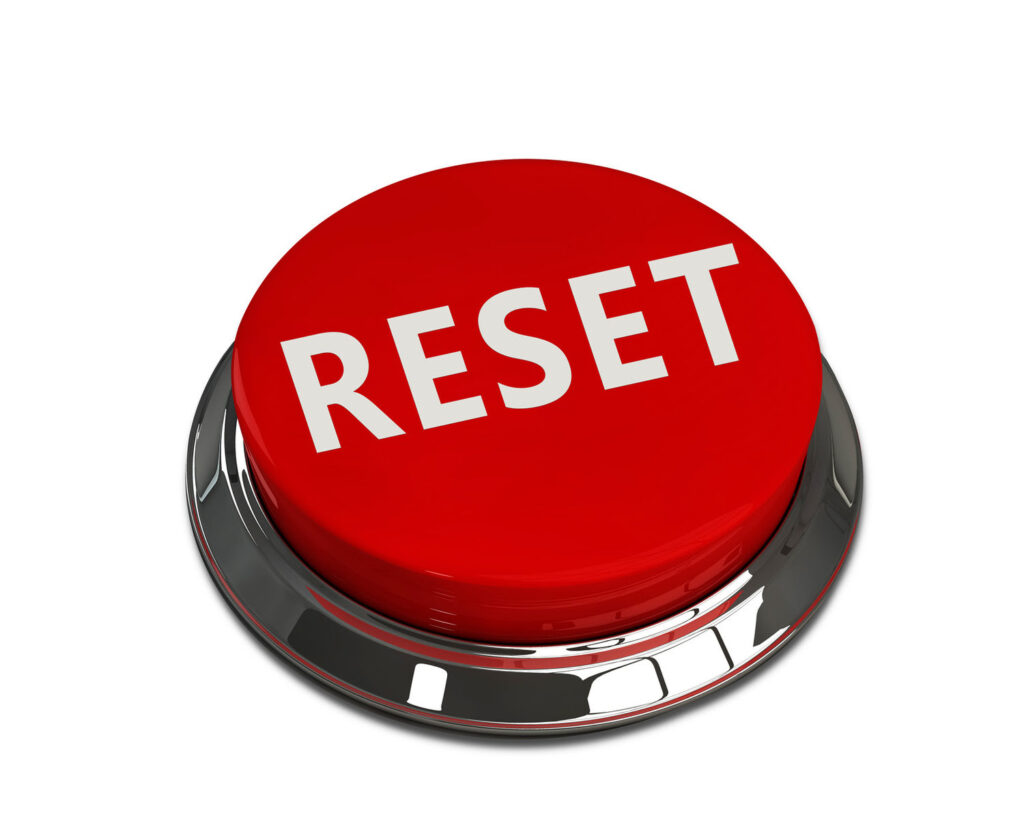This past week I was geeked to be involved with a virtual HR Happy Hour with my local HR chapter, GCHRA. The event had a much different vibe than the many virtual events that I’ve been a part of over the past year plus. We started with a local bar owner teaching us how to make common drinks we could put together for summer gatherings. Then, we broke out into rooms and attendees could choose where they wanted to go based on the topic of the room. You couldn’t know who the room facilitator was prior to going to the room to make sure people didn’t just choose people they knew.
I was the facilitator of a room and our discussion topic was – “Checking on Culture.” There were two rules for anyone entering this breakout room: (1) You had to drink any time someone used a catchphrase in their answer/response and (2) an expectation to participate and share. We had an energetic and lively discussion talking about how workplace culture had morphed over the time of the pandemic. The participants gave great examples of what was working, what was missing in their company cultures. They also shared that they were looking for ways to get some stability for themselves and for their employees.
One reoccurring word that was used was “return.” It’s not uncommon. You see it everywhere these days. Return to work. Return to normalcy. Return to how things were. I think there’s a fault in having this perspective and I offered this instead.
Why not focus on having a reset vs. having a return?
You see, I think when you frame things as a “return” then you’re moving back to patterns you had followed in the past. It doesn’t mean that these efforts were either good or bad, but they are looking back to what was and not towards what could be. People long for comfort and harmony in both work and life. The sentiment is noble for the most part because people want to feel less constricted than we’ve been for more than a year.
Having a reset mentality though allows you to have a new start. I feel this is healthier because things are not the same. They won’t be either if you try to recreate what you thought was good in the past. Our circumstances have forever changed. You won’t be able to make things as they were because people have all gone through a global crisis. The environments and cultures we had prior to this event wouldn’t be the “same” even if you tried. We’ve moved on.
Another reason to have a reset is that we can continue to reshape the workplace to be better than it had been. Let’s look at “return to work.” Honestly, people want people back in situations where there’s more face-to-face contact and communication. You see, feel and interpret more nuances than you can virtually. Underlying this positive intent is also the myth of visibility. What is that you may ask? It’s the belief that if I see you at work in person, then you must be productive. It’s old school thinking at its worst.
What if the reset was – We expect people to perform and produce regardless of their working environment?
This would allow for in-person, hybrid, and virtual environments to exist concurrently. And, isn’t great performance what we endeavor to capture from all of our talented folks? You could break the old habits, stereotypes, and generalizations by giving people the avenues to offer their best work all the time.
This is just one example. I think you could sit down and come up with countless ways to move forward instead of returning to something that may not have been as effective as you thought. As an HR leader, I challenge you to join me in both having a reset mentality yourself personally and for your department. At the same time, I challenge you to get in front of senior leadership and introduce this approach to them as well.
During the pandemic, people took note that HR had stepped forward as leaders. They were right and it was overdue. Let’s not slide back into old habits and patterns. Let’s move forward.
Let’s reset !!


Hi Steve,
I am a fan of your work and making HR both a priority and more than just forms and policies. I am also impressed by how you have built a community and business around your deepest convictions and experience in the field.
I’d love to interview you for a virtual event that I have coming up in June, that I think would be an amazing fit for you. The event is to help young female professionals find their “Professional Power” and create more opportunities for themselves in male dominated fields.
All of the listeners are looking for inspiration and guidance to:
Ask for what they want (and get it)
Make the money that they deserve
Learn strategies to become an industry leader
Be empowered with the tools to get more opportunities
Have a community of strong professionals (who have been through male dominated careers or life experiences, too) to help guide them into their professional and personal fierce feminine power.
Would you be interested in participating?
Thank you so much!
Amber Giannone